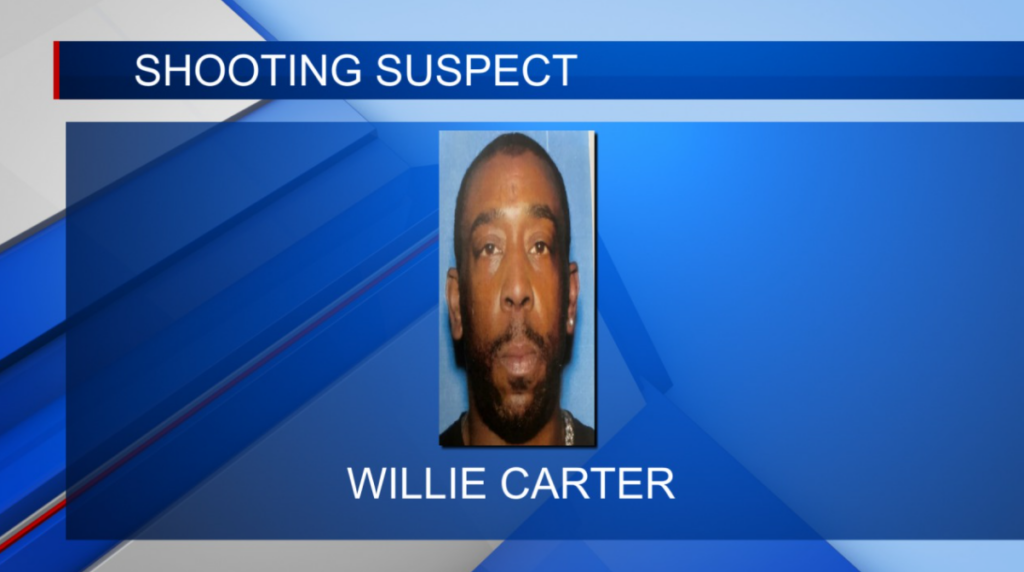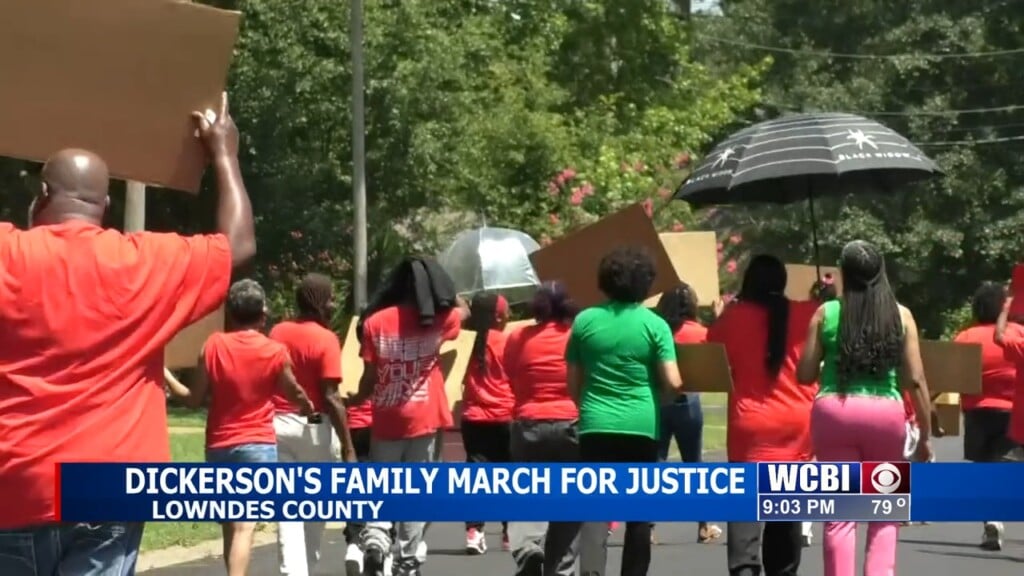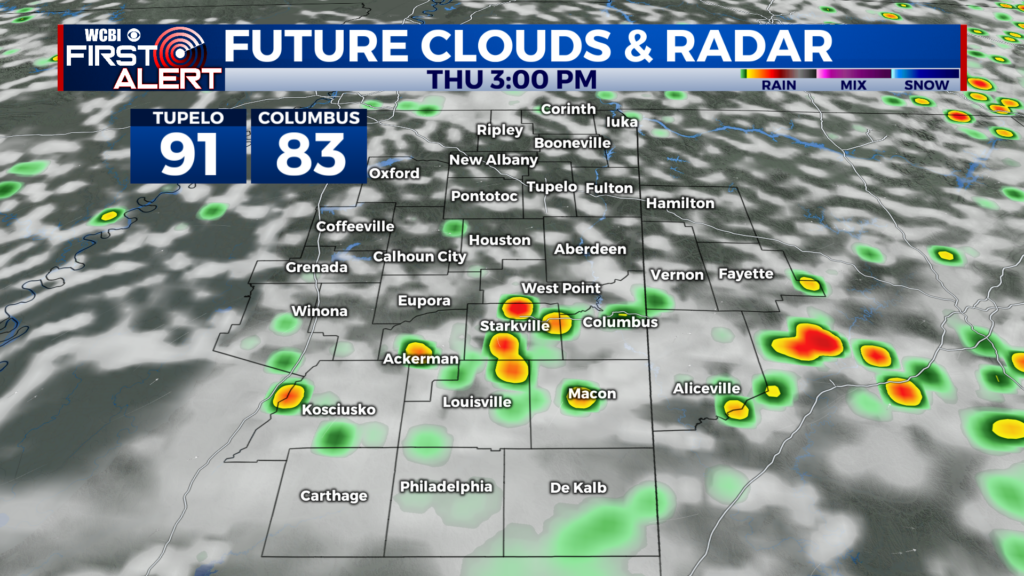Transcript: David Petraeus on “Face the Nation”
The following is a transcript of David Petraeus on “Face the Nation” that aired Sunday, January 5, 2020
MARGARET BRENNAN: Joining us now is former Obama administration CIA director, retired General David Petraeus. Good to have you here. Good morning.
GENERAL DAVID PETRAEUS: Good to be with you, MARGARET. Thank you.
MARGARET BRENNAN: Qassem Soleimani was your adversary when you were running CENTCOM.
GEN. PETRAEUS: And a very, very capable one.
MARGARET BRENNAN: What was your thought when you heard he’d been killed, the first thought?
GEN. PETRAEUS: Well, it was surprise, to be candid. We’d never gone after him before, although I hasten to add that he never dared set foot inside Iraq to my recollection, when I was commanding the surge, nor in the time that I was the commander of U.S. Central Command. He only really became visible in the way that he has in more recent years after the Arab Spring, supporting the murderous Bashar al-Assad in Syria and then very actively supporting the Iranian-supported militia inside Iraq that were helping to contend with the Islamic State invasion of northern and western Iraq.
MARGARET BRENNAN: He openly traveled.
GEN. PETRAEUS: He did. He did self–
MARGARET BRENNAN: He had an instagram account.
GEN. PETRAEUS: –selfies is on the front line, yeah, he was on social media. But of course, that was a period when he was helping Iraq go after the same enemy that we eventually helped Iraq defeat. And make no mistake about it, those militia and the Iraqi security forces could not have defeated the Islamic State in Iraq without our enabling forces, our drones, our precision munitions and our intelligence and advice.
MARGARET BRENNAN: There’s been a lot of talk over the past few days that both the Obama and the Bush administration’s had looked at targeting Qassem Soleimani and deemed it too risky. You just said that was not the case when you were in your position.
GEN. PETRAEUS: During the- during the periods that I was in Iraq and in Central Command. I can’t talk about what we might have discussed when I was the CIA director some years later. But certainly at those times we just didn’t have the opportunity. It never rose to any real consideration, even for me, much less taking it back to Washington–
MARGARET BRENNAN: Why?
GEN. PETRAEUS: –which we certainly would have done. Well, again, we had never had him on the X as you will–
MARGARET BRENNAN: It just- it wasn’t the opportunity. It’s not that it was too risky.
GEN. PETRAEUS: He was in Iraq and my understanding is, prior to the surge there was an episode where we detained some Iranian advisers and so forth, which we had to release actually under pressure from Iran through the president of Iraq. But that was just prior to the start of the surge.
MARGARET BRENNAN: You heard Secretary Pompeo on this program say that it is entirely consistent for the president of the United States to threaten to bomb Iran, 52 sites specifically. That it’s consistent with trying to de-escalate.
GEN. PETRAEUS: Well–
MARGARET BRENNAN: Is that credible?
GEN. PETRAEUS: Well–
MARGARET BRENNAN: To you?
GEN. PETRAEUS: Well, first of all, I think–
MARGARET BRENNAN: It certainly doesn’t sound it.
GEN. PETRAEUS: What has happened here, I think, is frankly, that we lost the element of deterrence. The component of deterrence that was seen as American will. Our drone- 130 million dollar drone is shot down, did nothing significant response. 5 percent of the world’s oil production taken out of operation. Numerous attacks on shipping and then attacks on our forces. Ultimately, of course, killing an American and wounding four of our soldiers. So ultimately, the president appears to have decided that it was necessary to take an action to shore up deterrence, to show that we were not going to accept this—
MARGARET BRENNAN: Does this to that?
GEN. PETRAEUS: And then—
MARGARET BRENNAN: Does this deter?
GEN. PETRAEUS: Well the- you know, we will have to see. Again, the question is now, what will Iran do? Will they dare to respond directly with Iranian missiles against our forces, our embassies, our bases, our shipping or what have you? Or do they continue to operate through proxies, which I’m pretty confident they will do. And then, again, what is the scope of that? And the bigger issue is one you actually got to this a bit with Secretary Pompeo. But I think the real question for the United States is, will there be a diplomatic initiative that says, okay, look, this is not headed in a good direction. We truly do want to de-escalate. Everyone is going to lose if this continues to ratchet upward. Can we now sit down and talk about getting back to the nuclear agreement, with addressing the concerns that the administration has had–
MARGARET BRENNAN: You’re saying there needs to be a strategy?
GEN. PETRAEUS: –and so forth.
MARGARET BRENNAN: A follow up strategy?
GEN. PETRAEUS: Well and again there does. And the question is is that there? And I am- I obviously—
MARGARET BRENNAN: And we didn’t get an answer to that question.
GEN. PETRAEUS: –don’t know. And again we’ll have to see how that plays out in the days and weeks that lie ahead.
MARGARET BRENNAN: Yeah.
GEN. PETRAEUS: But I’m sure that the equivalent of the National Security Council in Iran is working very hard to do all the calculation and to determine what would the U.S. response be having seen that the U.S. is willing to take a very significant action. I mean, it- it’s impossible to overstate the significance of the attack that takes out Qassem Soleimani and the number two militia leader in Iraq as well, who also never dared to set foot in Iraq during the surge after we’ve missed him and he escaped. So this is bigger than bin Laden. It’s bigger than Baghdadi. This is the- the equivalent in U.S. terms of the CIA director, CENTCOM Commander, JSOC Commander, and presidential envoy for the region for Iran. And- and the most powerful figure in Iran for the solidification of the Shia Crescent and also the operational commander of the actions that they were pursuing.
MARGARET BRENNAN: And if another country had taken out, even one of the individuals you just listed there, how would the U.S. interpret that? An act of war?
GEN. PETRAEUS: Again, these are definitions. I mean, were we not at war already? I don’t know. I’ll leave that to the constitutional scholars and so forth. The same with whether the Article Two of the Constitution–
MARGARET BRENNAN: Right.
GEN. PETRAEUS: –gives the president the authority to do what he did.
MARGARET BRENNAN: Iran’s revolutionary regime, you heard Senator Murphy say, they’re stronger now than they’ve been. Economically, they’re really on the ropes.
GEN. PETRAEUS: I don’t think that’s entirely accurate. I mean, their economy is in dismal shape.
MARGARET BRENNAN: Right.
GEN. PETRAEUS: The people are demonstrating on the streets and in unprecedented numbers since the revolution against the economic deprivation, the lack of employment opportunities and the plummeting of their quality of life. So, they’re not- by the way, they’re not that invested in the kinds of Iranian adventures that have been funded and carried out by the Revolutionary Guard Corps Quds Force under the leadership of Qassem Soleimani.
MARGARET BRENNAN: But–
GEN PETRAEUS: They understandably want- they care about themselves and their families and they’re not that happy.
MARGARET BRENNAN: But what I’ve had other military officials say to me is that all may be true. This may be a blow to the regime. Financially they are struggling, but that the United States may be underestimating the brutality the regime is willing to take to keep themselves in power. That this is not a tip towards regime change.
GEN. PETRAEUS: Oh, I don’t underestimate that at all. There are two million Basij militia, they’re called. These are thugs with pipes on the streets that will clear the streets to the extent that they can. That’s in addition to the Revolutionary Guards Corps and the Armed Forces and Ministry of Interior Forces. So, again, this regime is not going to go quietly into the night. I don’t think this leads to regime replacement or- or some kind of failure of the regime or that’s not to be expected. The question is, what does the regime do in response to the killing of Qassem Soleimani?
MARGARET BRENNAN: Last question. It’s a quick one to your question. How does it end?
GEN. PETRAEUS: Well, this is the reason I was asking about what is our strategy from here? Do we have a diplomatic initiative to reach out? It’s not quite enough, I don’t think, to say, well, they know how to reach us. I think we should actually be trying to reach out through intermediaries first, of course, as we have in the past, and then trying to come to some kind of agreement about how to get back to the nuclear deal that was had its strengths, as well as some shortcomings, to be sure, and then address the other legitimate grievances and issues that we have about militia activity, support and the missile program.
MARGARET BRENNAN: General Petraeus, good to have you here.
GEN. PETRAEUS: Thanks, MARGARET.





Leave a Reply